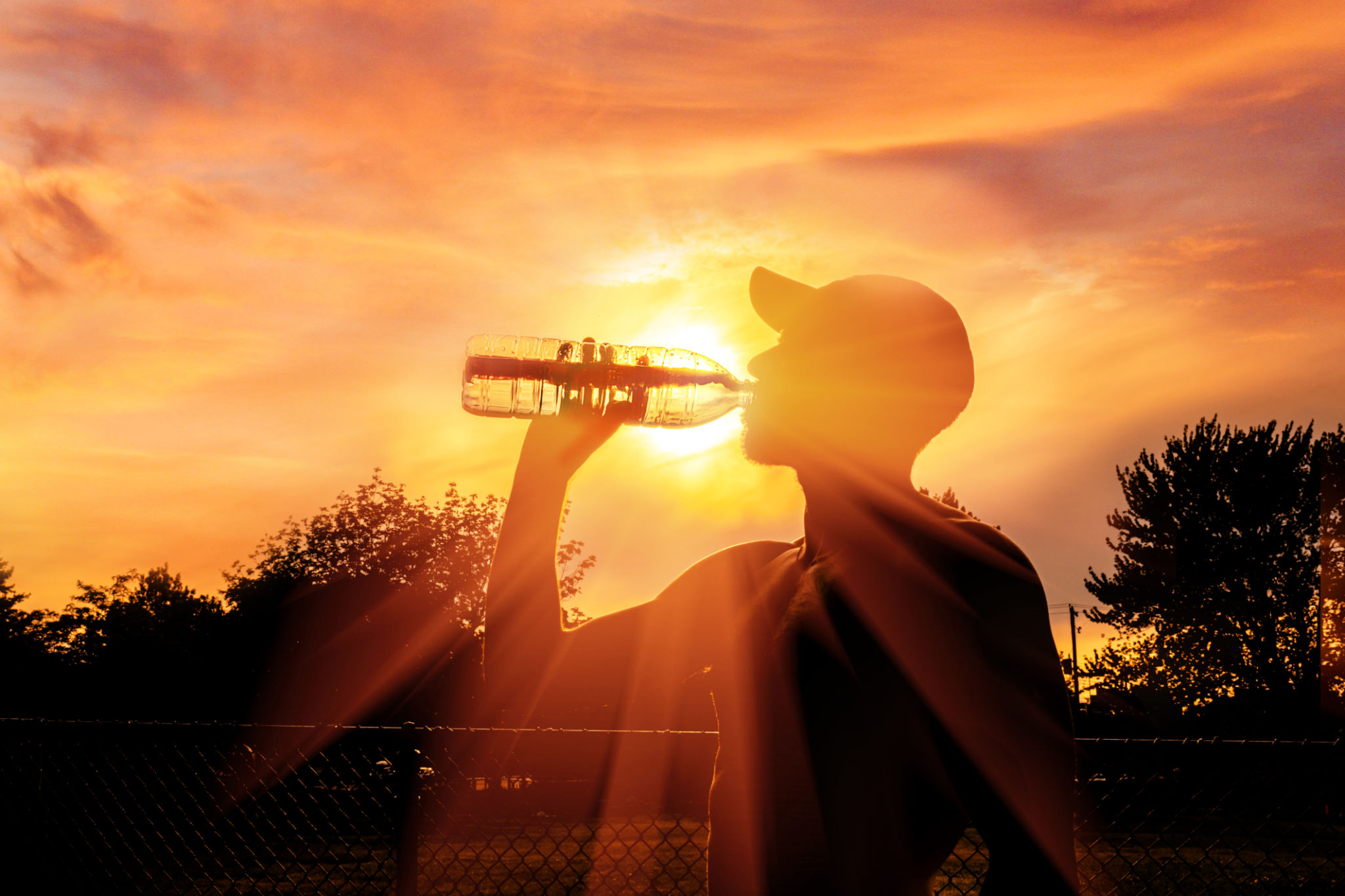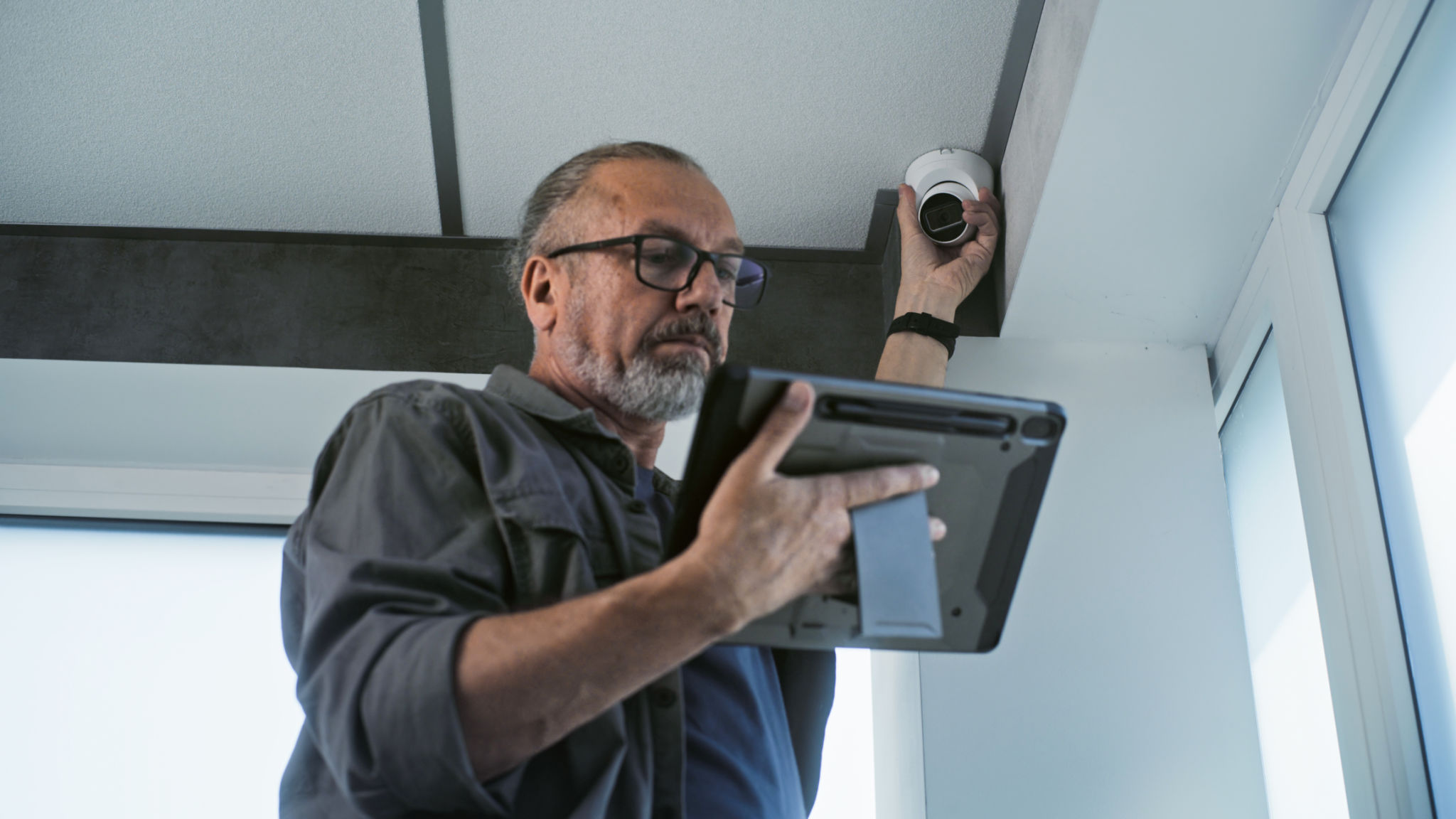The Impact of Weather on CCTV Systems in Bengaluru
Understanding the Climatic Challenges
Bengaluru, known for its pleasant climate, experiences a unique blend of weather patterns throughout the year. However, these climatic conditions can pose challenges to the optimal functioning of CCTV systems. From heavy monsoon rains to high humidity levels, each weather element can impact the performance and longevity of surveillance equipment.
One of the primary concerns for CCTV systems in Bengaluru is the monsoon season. The city receives significant rainfall, often accompanied by thunderstorms, which can affect the functionality of outdoor cameras. Water ingress can lead to short circuits and damage crucial components if the equipment is not adequately waterproof.

Effects of Humidity and Temperature Fluctuations
Humidity is another critical factor influencing CCTV systems in Bengaluru. High humidity levels can result in condensation inside camera lenses, leading to foggy images and reduced visibility. This can be particularly problematic for security teams that rely on clear footage for monitoring and investigations.
Temperature fluctuations are also a concern. While Bengaluru generally enjoys moderate temperatures, there are instances when the mercury rises significantly. Prolonged exposure to direct sunlight can lead to overheating issues in CCTV cameras, affecting their internal components and reducing their lifespan.

Mitigation Strategies for Weather-induced Issues
To ensure continuous surveillance in different weather conditions, it is essential to implement strategies that mitigate these challenges. One effective approach is to invest in weatherproof CCTV cameras specifically designed to withstand rain, humidity, and temperature variations. These cameras are built with robust enclosures that prevent water ingress and protect against environmental damage.
Regular maintenance and inspection of CCTV systems can also help identify potential issues before they escalate. Cleaning camera lenses, checking for signs of corrosion, and ensuring seals are intact can significantly enhance system reliability during adverse weather conditions.

Leveraging Modern Technology
Advancements in technology have led to the development of smart CCTV systems that adapt to changing weather conditions. For example, some cameras come equipped with automatic lens defogging features that activate when humidity levels rise. Additionally, thermal imaging cameras can provide clear footage even during heavy rain or fog.
Integrating Uninterruptible Power Supply (UPS) systems can safeguard CCTV operations during power outages caused by thunderstorms or other severe weather events. UPS systems ensure that security monitoring continues without interruption, maintaining safety and security around the clock.
The Role of Professional Installation
Professional installation plays a crucial role in maximizing the effectiveness of CCTV systems in challenging weather conditions. Experienced technicians understand the local climate and can strategically place cameras to minimize exposure to harsh elements while ensuring optimal coverage.
Furthermore, professionals can provide valuable advice on selecting the right equipment tailored to Bengaluru's specific weather patterns, helping businesses and homeowners make informed decisions about their surveillance needs.

Conclusion
The impact of weather on CCTV systems in Bengaluru cannot be underestimated. By understanding these challenges and implementing proactive measures, residents and businesses can ensure their surveillance systems remain operational throughout the year. Investing in weather-resistant equipment, regular maintenance, and leveraging modern technology are key strategies to safeguard against weather-induced disruptions.
Ultimately, a well-maintained CCTV system not only enhances security but also provides peace of mind, knowing that your property is protected regardless of the weather conditions.
